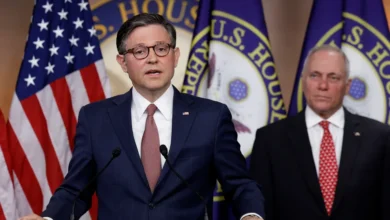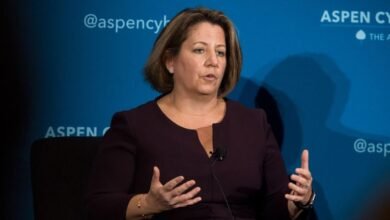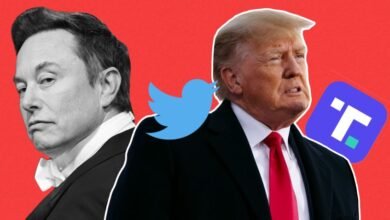Judge questioned how Trump didn’t notice ‘classified marked documents’ in his bedroom
Unsealed court filings in the classified docs case shed new light on the battle between special counsel Jack Smith and Trump's lawyers over the Mar-a-Lago search.
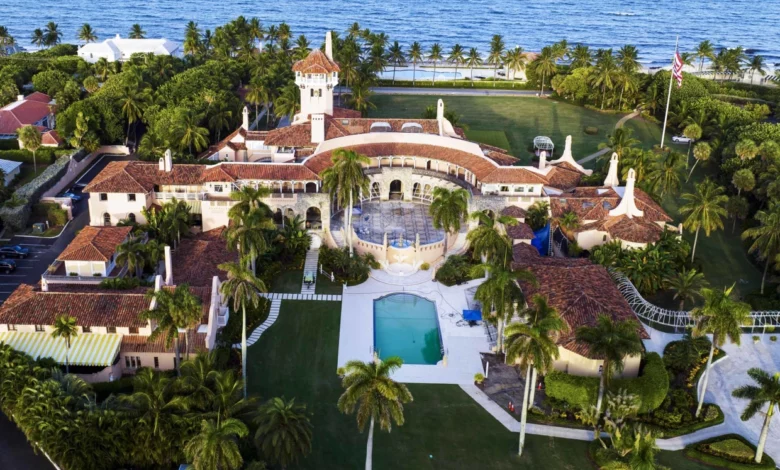
The judge who oversaw special counsel Jack Smith’s investigation into Donald Trump’s retention of classified records questioned how the former president could not have noticed that he had highly sensitive documents in his bedroom in Florida, a newly unsealed ruling shows.
The March 2023 ruling by U.S. District Judge Beryl Howell pertains to documents found at Trump’s Mar-a-Lago estate in Palm Beach in December 2022 after Trump’s attorneys told authorities in June there were no classified files at his residence and after the FBI executed a search warrant that August that turned up over 100 classified documents — some marked “secret” and “top secret.”
The post-search documents were found after Trump lawyer Timothy Parlatore arranged for personnel to sweep Trump’s properties to make sure there were no other sensitive documents. The Justice Department had subpoenaed Trump in May 2022 for the return of such records.
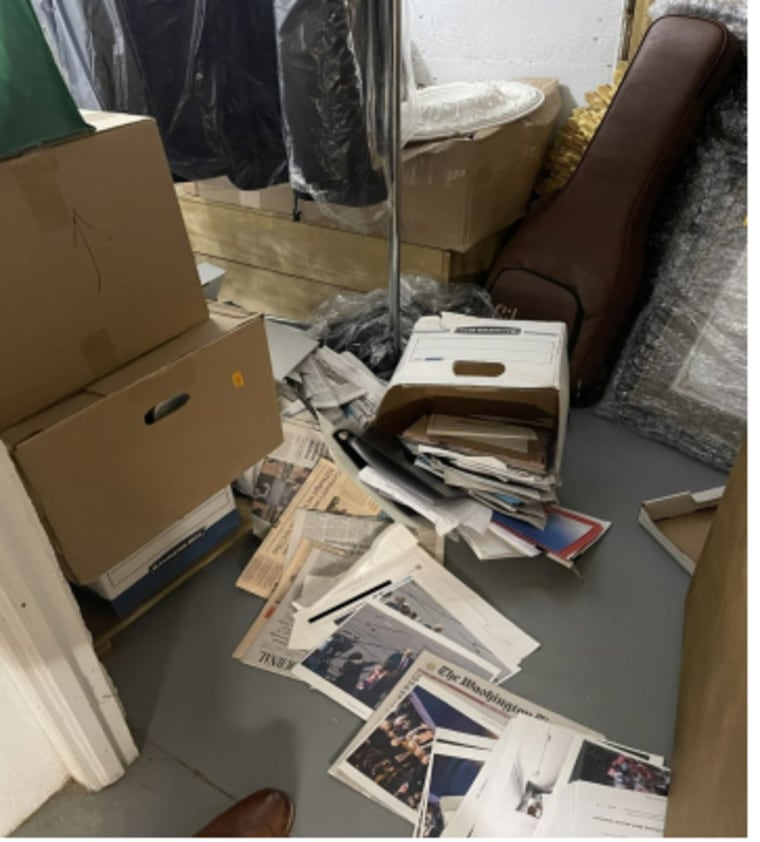
“To be sure, the government has not provided direct evidence that the former president deliberately retained, or was even aware of, the particular classified-marked documents located by his counsel at Mar-a-Lago in December 2022,” Howell wrote in her decision.
But “notably,” she added, “no excuse is provided as to how the former president could miss the classified-marked documents found in his own bedroom at Mar-a-Lago.”
The bedroom items were “one empty folder and another mostly empty folder marked ‘Classified Evening Summary,'” she noted. The sweep also turned up four other documents that she said were misleadingly referred to as “low-level ministerial documents.”
“To be clear, the four documents were responsive to the May 2022 subpoena,” Howell wrote.
Howell made the remark in a ruling granting the prosecution’s request to be able to question two of Trump’s lawyers by using the crime fraud exception to attorney-client privilege, finding some of their discussions with Trump were deemed to be in furtherance of a crime.
The substance of the ruling was previously reported, but the unsealed version of the decision provided fresh details about how Howell reached her decision. Her ruling was unsealed as part of Trump’s effort to get the case dismissed.
Howell, who was nominated to the bench by President Barack Obama, was the chief judge of the Washington, D.C., federal court at the time of her ruling. The chief judge has oversight over sealed grand jury proceedings in Washington, where Smith’s investigation into Trump’s classified documents was based at the time.
Trump was later indicted in federal court in Florida, which is where the alleged crimes were carried out. That’s when U.S. District Judge Aileen Cannon, a Trump nominee, ended up with the case.
Howell’s ruling last year came in part after she found that the government had put forward “sufficient evidence to show” that Trump had used his attorneys “as an ‘instrumentalit[y]’ or a ‘front m[a]n’ to obstruct the government’s investigation and perpetuate the former president’s unlawful retention of any classified documents.”
She also found that the legal advice and assistance from Trump lawyers Evan Corcoran and Christina Bobb might have been “misused.”
Prosecutors have said that Corcoran’s search for subpoenaed documents was too narrow based on misrepresentations from Trump and that Bobb signed off on a certification about the search in June 2022 indicating no further documents remained.
Howell quoted prosecutors describing a “shell game,” in which documents were moved away from locations where Corcoran was looking.
Prosecutors “sufficiently demonstrated” that Trump obstructed the search, Howell wrote, “by providing evidence that the former president intentionally concealed the existence of additional documents bearing classification markings,” and “such deception would result in providing an unknowingly false representation to the government.”
Trump faces dozens of felony counts in the case, including willful retention of national defense information, false statements and representations, conspiracy to obstruct justice, withholding a document or record and corruptly concealing a document. He has pleaded not guilty and denied any wrongdoing.
The case had been scheduled to go trial in federal court in Florida this week, but Cannon indefinitely delayed it this month because of what she called a “myriad” of legal issues that she said she still has to sort through.
Trump has argued that the case should be dismissed because of “prosecutorial misconduct.”

